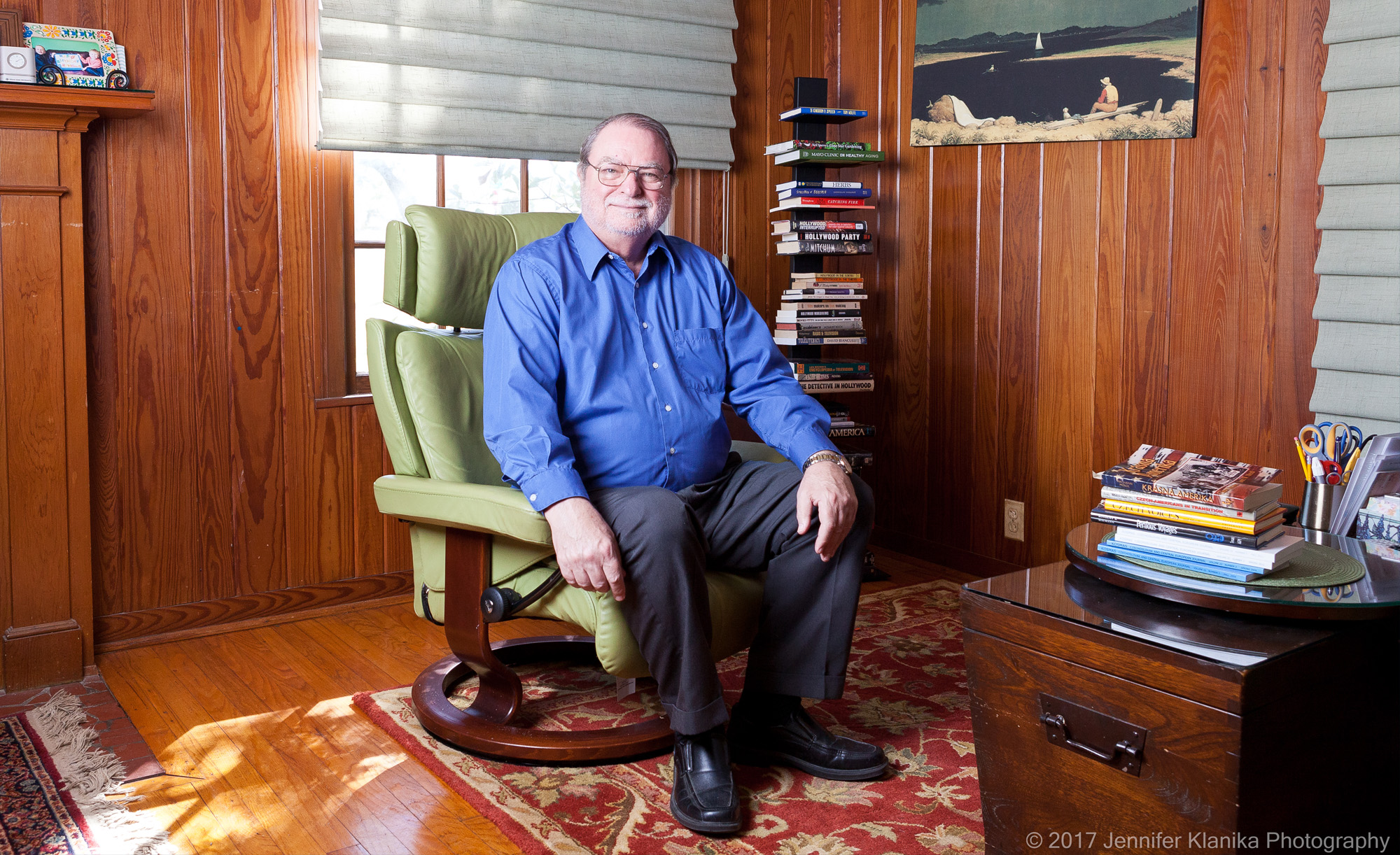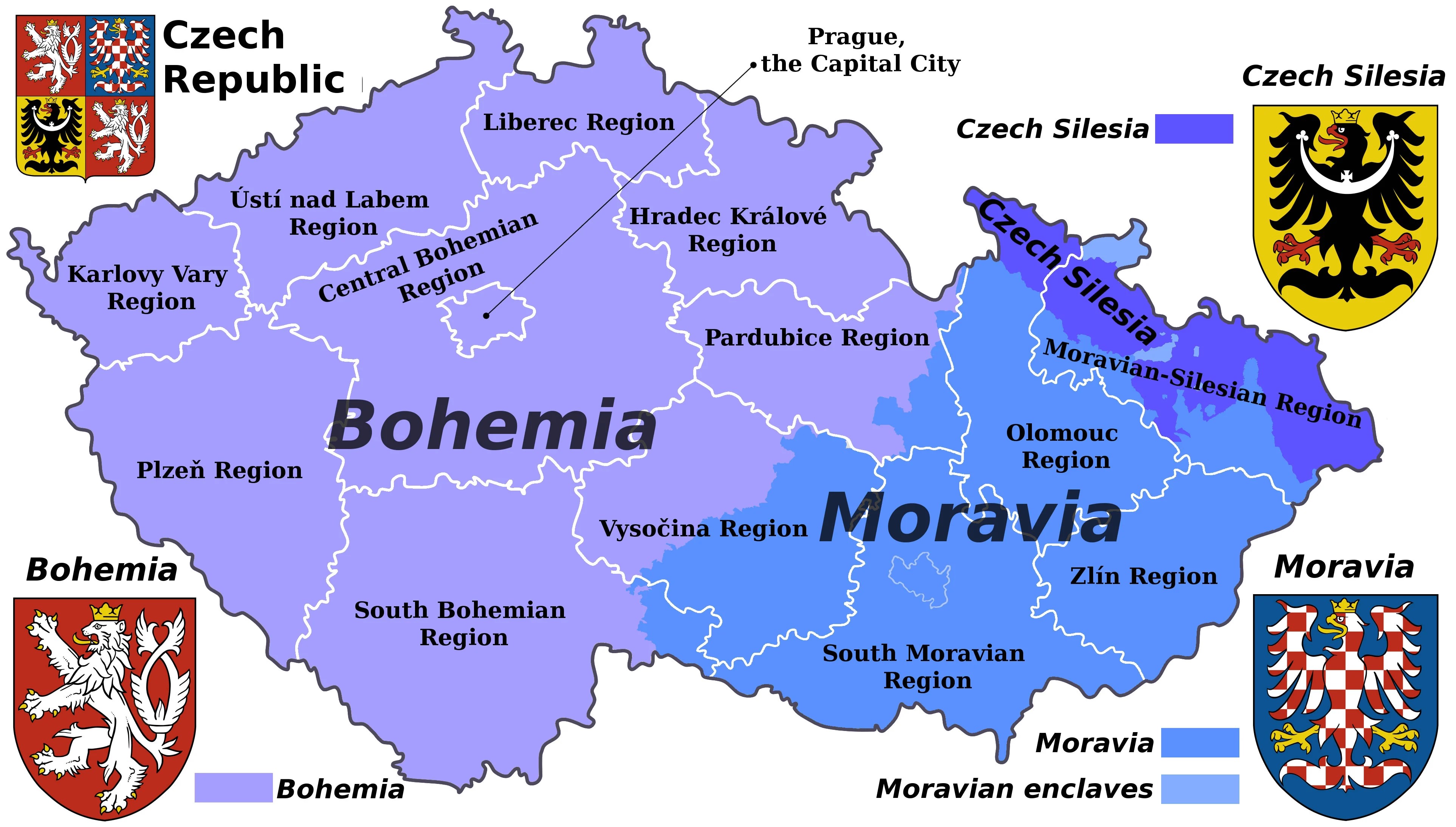
Committed to continuing to highlight the Czech community’s rich contributions to Texas and the nation, Dr. Clinton J. “Clint” Machann ’69 has established the Clinton J. Machann ’69 Endowed Fund in Texas A&M University’s College of Arts and Sciences.
The endowment extends Texas A&M’s work in this area, which was championed by Machann, now a professor emeritus in the college’s English Department. During his career, he served as a key link between the university and the Czech Educational Foundation of Texas (CEFT), which promotes the study of Czech language and culture in Texas institutions of higher learning.
“Dr. Machann and the Hlavinka family, represented by Paul Hlavinka, are the individuals who established the CEFT presence at Texas A&M,” said CEFT Chairman Ray Lenart. “Dr. Machann managed the relationship between the two organizations and created the cornerstone of today’s CEFT William J. Hlavinka Excellence Endowment.”
Machann’s new endowed fund will support multi-disciplinary study of Czech heritage through research projects, speaking engagements, exchanges and assisting students who are pursuing a graduate degree at Texas A&M. Machann envisions that this endowment will expand the college’s scholarship in Czech history, literature and language, which could include studying folk tales, Czech music and lyrics and Texas Czech immigrants’ correspondence with individuals who were still living in the “old country.”
Seeking A Better Life
Machann is a direct descendent from Czech Moravian immigrants who immigrated to the United States in the 1870s. This group, who came from a poor rural area of the Czech homeland, primarily worked in agriculture, were religious and enjoyed music and culture.
His great-grandparents, with other Czech immigrants, came to the United States through the Port of Galveston, settling in Central Texas.
“After the first few immigrants made it over, word got back to the old country and others followed, starting this line of immigrants,” he said. “They were a rural people who wanted to prosper in the new world. The word was that if you came over here, land would be cheap so you could get farmland, raise cattle and grow crops, which was wonderful to them. America was a kind of paradise for them.”
Part of that paradise included Texas A&M. Many Aggies of Czech American heritage, including those raised in rural agricultural communities settled by Czech immigrants, have attended the university. And Czech immigrants have had a considerable influence on Texas A&M, including College Station cobbler Joseph Holick (Holik), who helped organize the Corps of Cadets band in the 1890s and created the design for the senior cadets’ boots.

A Rural Beginning
Machann grew up on his parents’ farm in Burleson County near Chriesman, Texas. He has fond memories of climbing pecan trees, watching a mule pull the plow, creating country songs and enjoying Czech culture. Though he was baptized as a Catholic in keeping with his mother’s faith, Machann chose as an adult to attend the Czech Brethern Church, reflecting his father’s religious tradition.
Although his parents never finished high school, Machann excelled academically and became the first in his family to attend college and earn a degree. “It’s not that I was coached to become an intellectual,” he said. “It’s just that I enjoyed school and it came naturally to me to study.”
Those traits also informed his college decision. “I was never enticed to be a farmer, but I love the country,” said Machann, who earned a bachelor’s degree in English. “I also was interested in other things, like culture and literature. Texas A&M was the right cultural fit and had a good reputation. While it focused on agriculture and technology, the university had programs in the humanities and provided me with opportunities.”
Machann taught briefly in the Houston Independent School District and earned a master’s degree in educational curriculum and instruction from Texas A&M before pursuing his doctorate at the University of Texas at Austin. In addition to his doctoral study of English Victorian literature, he found time to participate in University of Texas’ Czech program. “I’ll carry both interests to the grave,” he said. “Many would think they don’t go together, but for me, they did.”
After earning his doctorate, Machann returned to Texas A&M in 1976 to join the Department of English faculty and later served as a Fulbright lecturer at Charles University in Prague, The Czech Republic.
Back To His Roots
Promoting the scholarship of Czech heritage continued to be part of Machann’s professional journey at Texas A&M.
“My dad wanted to continue Czech scholarship but also extend it beyond the classroom in multidisciplinary ways that explored the culture, history and literature,” said his daughter, Tessie Machann West.
As a result, he authored numerous academic papers published in journals focused on American ethnic studies and Slavic studies, and served as editor of Kosmas, an English-language journal that specializes in Czech, Slovak and Central European studies. He also captured immigrants’ stories in several books, including Perilous Voyages: Czech and English Immigrants to Texas in the 1870s and Czech Voices: Stories from Texas.
Over the course of his career, the Texas A&M professor also became more deeply involved with CEFT, including organizing two CEFT-sponsored symposia at Texas A&M that invited scholars to explore Czechs’ role in Texas.
“He was a standard bearer for the organization at Texas A&M,” said Dr. Woody Smith, a current CEFT board member and past president. “He’s always taken pride in his Czech background and wanted to help preserve the awareness of Czech contributions to the State of Texas.”
After the first few immigrants made it over, word got back to the old country and others followed, starting this line of immigrants... America was a kind of paradise for them.
Machann’s ongoing involvement in CEFT — which included many years of service as the organization’s chairman and his current role of retired chairman emeritus — also meant that he could provide institutional support after the creation of the Hlavinka Endowment in Texas A&M’s College of Liberal Arts in 1999. This endowment supported Texas A&M graduate students from two Moravian universities as they worked on their graduate degree in the Department of English. As chair of the of the former college’s advisory group for the fellowship, Machann helped encourage these graduate students to interact with the Aggie and greater Brazos Valley community by teaching weekly classes on Czech language and culture through the Brazos Valley Chapter of the Czech Heritage Society.
After Machann’s retirement in 2017, progress in these studies slowed considerably — further hindered by the disruptions of the pandemic and a significant reorganization at Texas A&M. However, Texas A&M and CEFT leaders remained committed and worked to build the Hlavinka Endowment to a sustainable level, including shifting the fund’s intent to supporting Texas A&M students with a Czech heritage. Additionally, leaders with the College of Arts and Sciences and CEFT are collaborating on developing relationships with the Czech Republic in business, international affairs and culture to offer study abroad opportunities, a speaker series and other Czech-related events. The reestablishment of a Texas A&M Czech student organization, which was last active in the 1980s, also is in development.
Now Machann and his daughter hope that the creation of their endowed fund will expand these opportunities in the college and at the university.
“This gift is an evolution of the Czech fellowship, which was very valuable to the students who participated and the community members who benefitted from the students’ outreach,” West said. “Because that fellowship was so meaningful for many, my dad wanted to create a fund to support Czech scholarship in a way that encouraged multidisciplinary study on Czech culture, history and literature beyond the classroom.”

